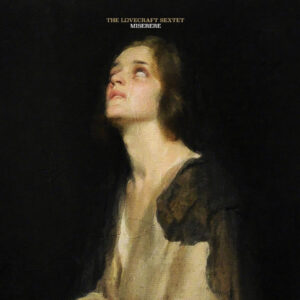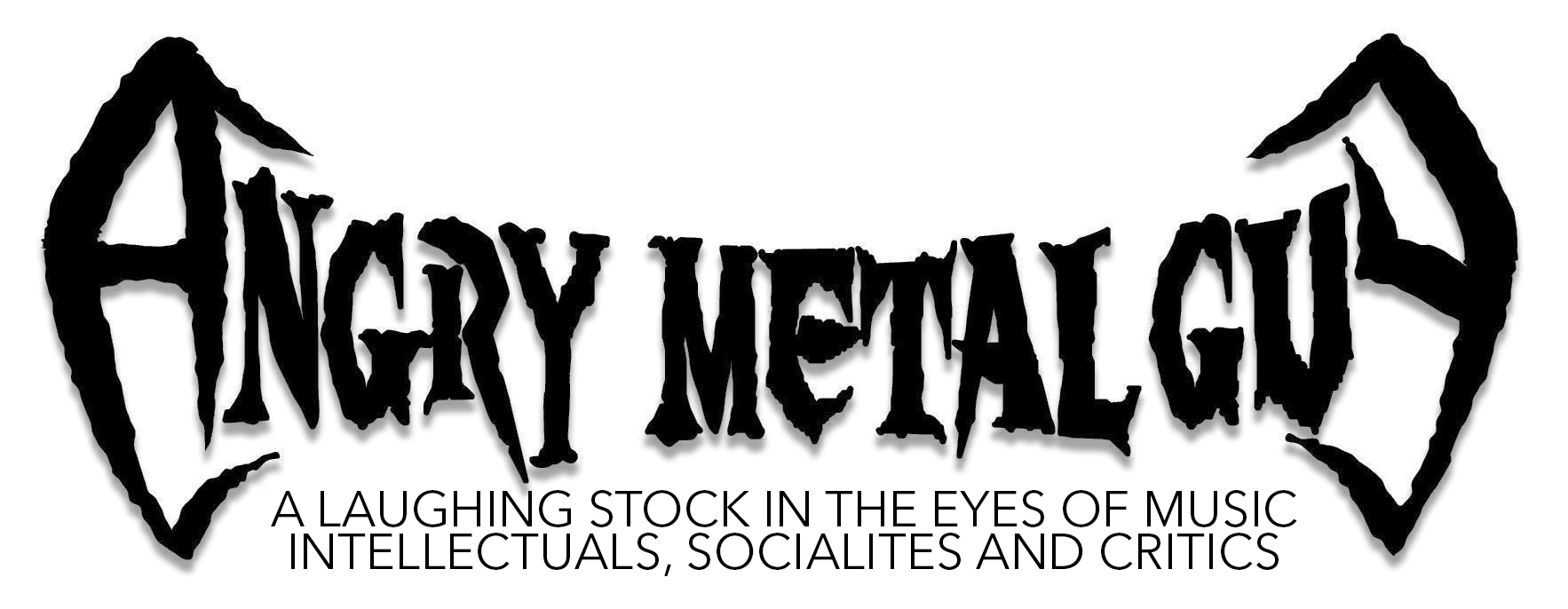
While utilizing the Angelo Badalamenti backbone of evocative jazz and otherworldly atmospheres, Miserere streamlines In Memoriam’s formidable assets in a symphony-inspired trek through wastelands of sprawling darkness punctuated by desolate operatic soprano1 and black metal shrieks,2 while the smoky lounge of walking upright basslines inject energy and the free-jazz-possessed trumpet and saxophone toss ice cubes into the shaker for your Manhattan. The Lovecraft Sextet is undeniably influenced by acts like Bohren & Der Club of Gore, Miles Davis, and the Cryo Chamber collaboration Miles to Midnight,3 but delivered alongside a reclaimed neoclassicism and crooked black metal of its debut creates a distinctly symphonic and haunting mood. Miserere is the best album of The Lovecraft Sextet’s career, but does not account for the fact that it’s also really fucking weird.
To the open-minded, Miserere provides a journey. Only metallic by atmosphere, it features a chamber approach, utilizing synths, organ, upright bass, saxophone,4 cello,5 and sparse percussion. Although guitar is absent, the fairly dubbed “drone” is present here as a result of long-winded synth and organ lines and smoky saxophone and cello drawls. Divided into six “opuses,” in the way of a symphony, each vista offers something new. “Occulta” and “Humiliatum,” for instance, are unashamed Moëvöt worship, sprawling synth pads greeting walking basslines with occult greetings, as Darkthrone-esque shrieks echo like melancholic ghosts across the dark horizon, while the latter features monolithic doom-inspired percussion. “Sanctum,” “Sacrificium,” and “Libera” see a more Gregorian Chant-influenced approach in operatic lamentations, grand organ injecting a distinctly liturgical, but most certainly unholy, soundscape – the echoing hymn to the pit below. Contrary to its debut, The Lovecraft Sextet connects the dots of its many offerings with a crooked claw, etching a trail of blood across its conservative forty-one-minute runtime. The chamber instruments add a distinctly organic feel to the album, furthermore, giving further credence to its symphonic flow.
 To the narrow-minded, Miserere is really fucking weird. Dark ambient, jazz, and opera are inherently niche styles, elitists alive and well in each respective scene, and thus the combination can be incredibly alienating, even more so when aligned with black metal aesthetics. The synth and organ drone is subtle in its ominous hum, rather than colossal guitar swaths of sound often associated, and The Lovecraft Sextet’s various tricks breach the surface in periodic cycles. While, as with all of Köhnen’s projects, it is clear that these six opuses are constructed with the utmost care, Miserere is relatively unmoving in its offering of misery and menace, never extending anywhere remotely near “accessible.” If it’s a magnificent payoff you are after, such as in The Lord’s latest, you will be sorely disappointed. Furthermore, far removed from iconic and inherently alienating jazz albums like Miles Davis’ Bitches Brew or Ornette Coleman’s Science Fiction, and even further from the great operas of centuries past, Miserere has its tentacles in many dead, dripping cities. No one does music and atmosphere like The Lovecraft Sextet, but it never quite hones every palette either.
To the narrow-minded, Miserere is really fucking weird. Dark ambient, jazz, and opera are inherently niche styles, elitists alive and well in each respective scene, and thus the combination can be incredibly alienating, even more so when aligned with black metal aesthetics. The synth and organ drone is subtle in its ominous hum, rather than colossal guitar swaths of sound often associated, and The Lovecraft Sextet’s various tricks breach the surface in periodic cycles. While, as with all of Köhnen’s projects, it is clear that these six opuses are constructed with the utmost care, Miserere is relatively unmoving in its offering of misery and menace, never extending anywhere remotely near “accessible.” If it’s a magnificent payoff you are after, such as in The Lord’s latest, you will be sorely disappointed. Furthermore, far removed from iconic and inherently alienating jazz albums like Miles Davis’ Bitches Brew or Ornette Coleman’s Science Fiction, and even further from the great operas of centuries past, Miserere has its tentacles in many dead, dripping cities. No one does music and atmosphere like The Lovecraft Sextet, but it never quite hones every palette either.
If you’re willing, Miserere offers a sound unlike any other. Its unique blend of dark ambient, jazz, neoclassical opera, and black metal – with drone and doom influence – is as off-putting as it is intriguing, and whichever end of the pendulum you get will depend on the listener. Expertly crafted and suffocatingly atmospheric, there is little dynamic payoff to be found as the waves of synth and organ wash over you with currents of misery and madness, but one finds this symphony will take you on a journey. To the open-minded, it’s a journey worth taking.
Rating: 3.0/5.0
DR: 7 | Format Reviewed: 320 kbps mp3
Labels: Debemur Morti Productions
Websites: jasonkohnen.bandcamp.com | thelovecraftsextet.bandcamp.com
Releases Worldwide: October 7th, 2022

















